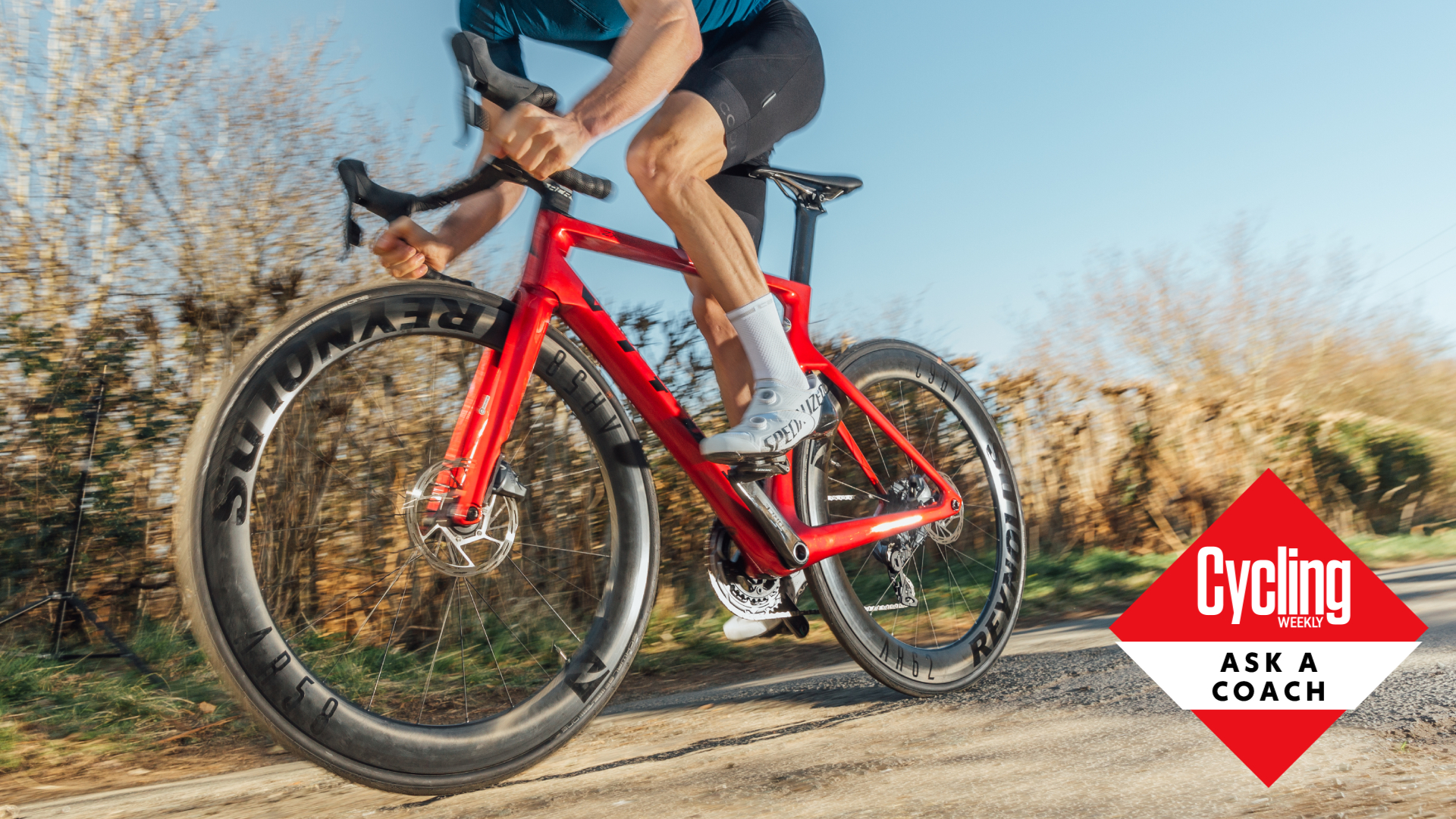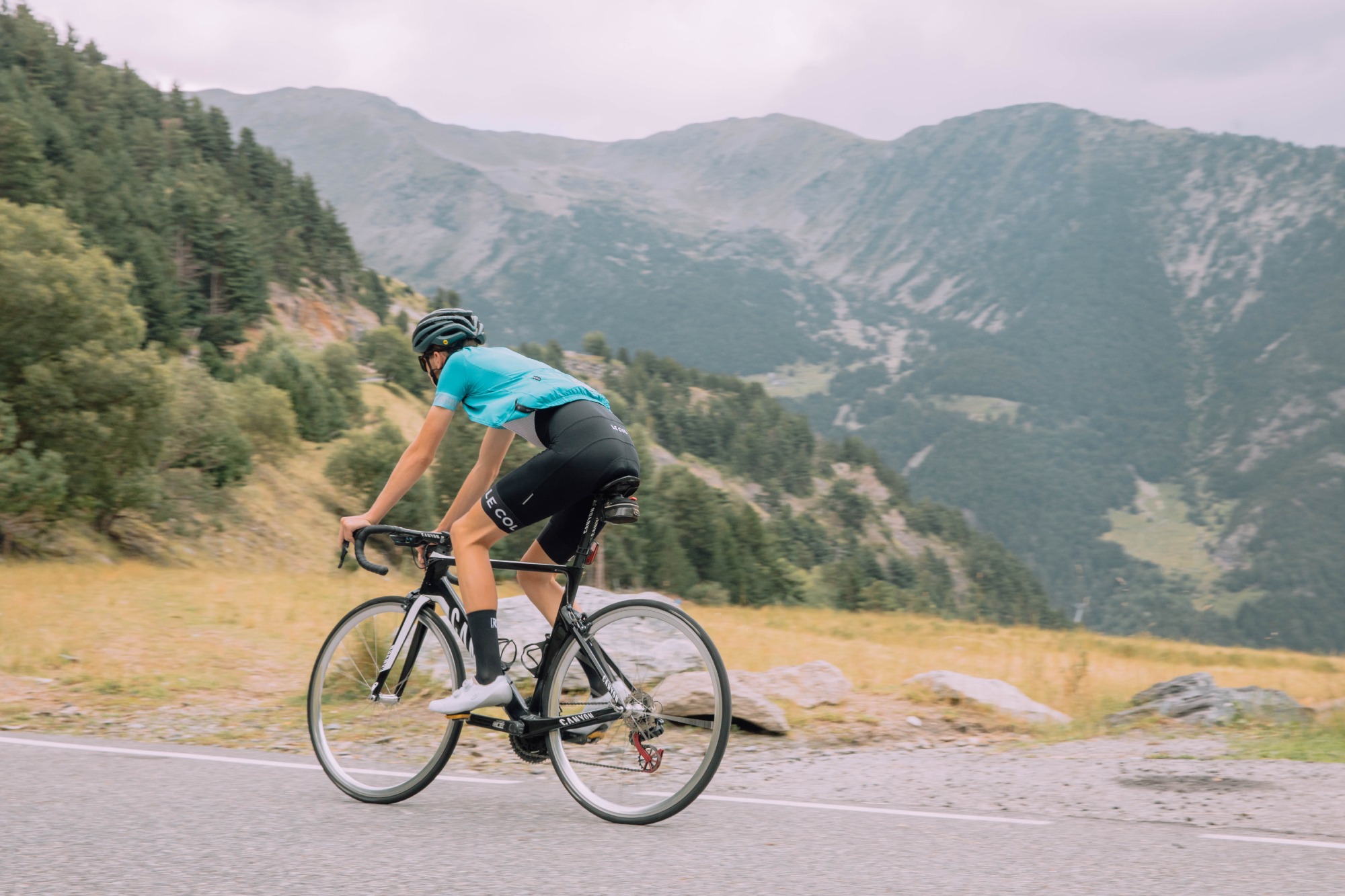Ask a coach: 'Does cycling improve muscular strength?'
And, on the flipside, just how much would a focus on developing muscular strength improve your cycling?


The latest race content, interviews, features, reviews and expert buying guides, direct to your inbox!
You are now subscribed
Your newsletter sign-up was successful
Questions like this are always interesting and can almost always be answered with the response ‘it depends’. But simply saying 'it depends' is a terrible answer so cycling coach James Spragg is here to do some unpacking...

Sports scientist and coach James Spragg is one of the experts who will be answering your questions in Cycling Weekly's ASK A CYCLING COACH series which comes out every Wednesday. Working both in research and applied settings, he currently runs Intercept Performance Consultancy.
Muscular strength is a component of cycling fitness. To produce a given power you need to be able to produce a certain amount of force. Muscular strength is what allows you to produce force. However, muscle strength is just one component of performance and once muscle strength is at a certain point it is not the limiting factor in cycling performance.
Therefore, if you are new to cycling then yes, cycling will likely improve your muscular strength, especially in your legs. That is simply because you are giving a new stimulus to your leg muscles and with your current level of fitness muscular strength might be the biggest limiting factor.
However, if you are a more experienced, well-trained cyclist, then cycling alone will not be enough to improve your muscular strength. That is because more than likely than not, you will have sufficient muscular leg strength for your current fitness and if your body isn’t given a stimulus to improve something, then it won’t improve it.
So, while that is quite simple, the question remains – in well-trained cyclists, would increasing muscular strength improve cycling performance? This is a little more nuanced, but the answer might just be yes.
Would increasing muscular strength improve cycling performance?

If a muscle gets stronger and can produce more force, while the force required to pedal at a given wattage remains the same, then in percentage terms the muscle is operating at a lower percentage of its maximum. The spin-off to this is that it may mean that the muscle becomes more efficient and more fatigue resistant.
This may be because a smaller number of motor units (groups of muscle fibres) are required to produce the same amount of power. A smaller number of motor units requires less activation from the central nervous system so it may be that this smaller demand places less stress on the central nervous system and less over a prolonged period normally equates to less fatigue. An added spin-off is that more motor units are being ‘saved’ and can be used later in the training session or race.
The latest race content, interviews, features, reviews and expert buying guides, direct to your inbox!
So, if your cycling goal is to get big legs, then cycling might not be the optimal way to do that. However, for those new to cycling will see some gains in muscle strength.
Finally, just because at a certain point you don’t get any gains from cycling alone - that doesn’t mean it's not worth hitting the gym for strength training. Getting stronger might be a way to become more efficient and more fatigue resistant.
James Spragg is a sports scientist and coach, working both in research and applied settings. When not working with athletes James can be found skiing, climbing, cycling or drinking coffee!
Alongside Dan Lorang and Peter Leo, James runs Intercept Performance Consultancy. Over the last 8 years in various roles, as coaches, performance consultants, performance managers, and sports scientists, Dan, James and Peter have played a role in helping athletes achieve more than 10 World Championship titles, several Olympics medals (including a Gold and Silver Medal in Tokyo 2020) and several Top 5 results in some of the biggest sporting events on the planet (Tour de France, Olympics, World and European Championships). Our single focus is on improving performance in all settings.